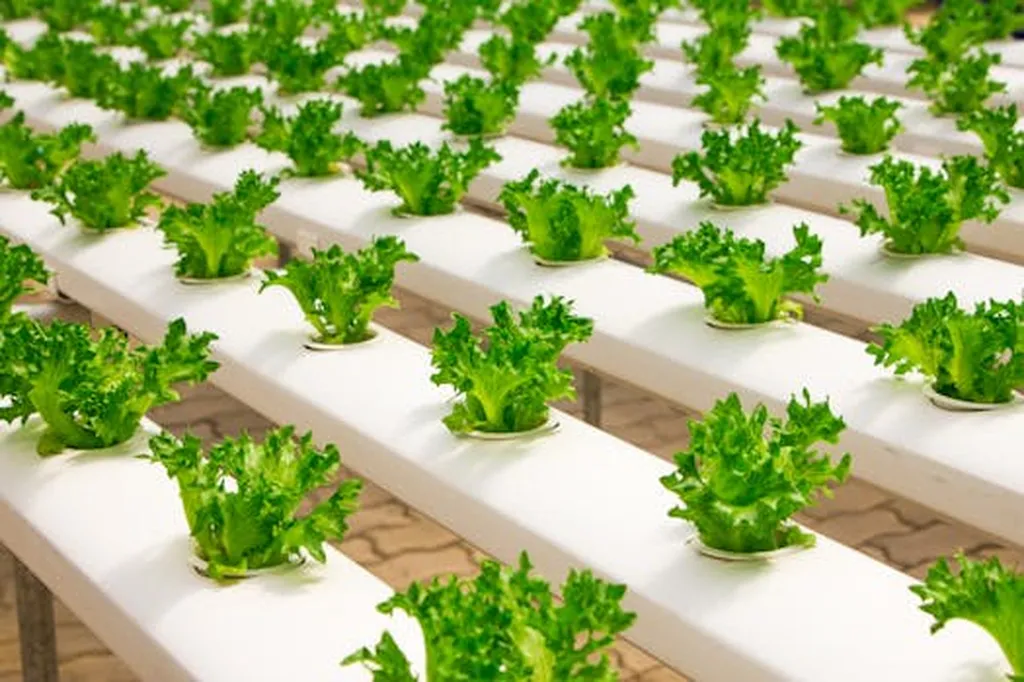In the ever-evolving landscape of agricultural technology, a breakthrough in impedimetric biosensors is poised to revolutionize how we monitor and manage crops, soil health, and food safety. Published in the journal *Micromachines*, a comprehensive review led by Ashmit Verma from the College of Engineering and Science at Louisiana Tech University, sheds light on the current applications and future directions of these versatile electrochemical devices.
Impedimetric biosensors have emerged as a game-changer in the agritech sector, offering highly sensitive and real-time detection of a wide range of analytes. These sensors, known for their compact size, high sensitivity, selectivity, portability, and ease of operation, are transforming agricultural practices. “The ability to detect and monitor various parameters in real-time can significantly enhance decision-making processes in agriculture,” Verma explains. “This technology can help farmers optimize resource use, improve crop yields, and ensure food safety.”
One of the most compelling aspects of impedimetric biosensors is their label-free nature, which simplifies the detection process and reduces costs. This feature is particularly beneficial in agriculture, where quick and accurate detection of pathogens, pesticides, and nutrient levels is crucial. The sensors can be integrated into various agricultural systems, from soil monitoring to food processing, providing valuable data that can drive precision agriculture.
The review highlights the potential of integrating impedimetric biosensors with emerging technologies such as artificial intelligence and machine learning. “By combining these sensors with AI and machine learning algorithms, we can develop predictive models that anticipate crop health issues before they become critical,” Verma notes. This proactive approach can lead to more efficient use of resources, reduced environmental impact, and higher agricultural productivity.
Moreover, the portability and ease of use of these sensors make them ideal for on-site monitoring. Farmers can deploy these devices in the field to continuously monitor soil health, detect early signs of disease, and optimize irrigation and fertilization strategies. This real-time data can be invaluable for making informed decisions that enhance crop yields and sustainability.
The commercial impact of this technology on the agriculture sector is substantial. By enabling more precise and timely interventions, impedimetric biosensors can help farmers reduce waste, lower costs, and increase profitability. Additionally, the ability to ensure food safety through early detection of contaminants can enhance consumer trust and marketability of agricultural products.
As the technology continues to advance, the integration of impedimetric biosensors with flexible and wearable devices opens up new possibilities for agricultural applications. Imagine a future where farmers can wear devices that provide real-time data on soil conditions, crop health, and environmental factors. This seamless integration of technology into everyday agricultural practices can drive significant improvements in efficiency and sustainability.
The research led by Ashmit Verma, published in *Micromachines*, provides a comprehensive overview of the current progress and future opportunities in impedimetric biosensing. As the agricultural industry continues to embrace technological innovations, these sensors are set to play a pivotal role in shaping the future of farming. By leveraging the power of impedimetric biosensors, farmers can achieve greater precision, efficiency, and sustainability, ultimately contributing to a more resilient and productive agricultural sector.

